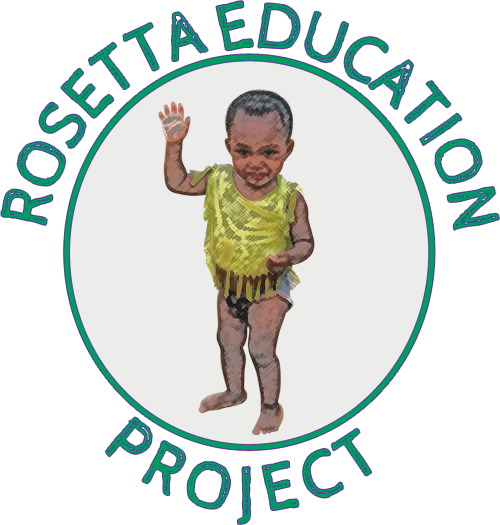In Nosy Komba

Speaking a second language may change how you see the world.

Education in these poor countries has never been a prime concern as survival seems to be the main priority for people in Africa. The languages spoken in Madagascar are Malagasy and French, as the island was a French colony until 1960.
Mass poverty, has caused a significant number of children to drop out of school. There is, nonetheless, a great demand amongst Malagasy people to learn foreign languages, especially English and Italian, as this can increase their opportunities for employment within the tourism and service industry.
Nowadays, Madagascar is experiencing a significant growth in the number of tourists visiting the biggest African island which is also the fourth largest island in the world. The further expansion of visiting tourists has had a positive impact on the island’s economy and that is why communicating with people from other parts of the world has now become an important consideration for the Malagasy people.
Communicating means, sharing ideas, knowledge and experiences which can enrich and enormously benefit the Malagasy people and the communities as a whole. In a country where electricity is still a dream for most of the inhabitants, where their access to radio, television and newspapers is very limited, communication plays an essential role.
The offer to study foreign languages on the island is scarce and that is why we have chosen to help these people, by raising funds, building infrastructures and volunteering.
Volunteers in Madagascar will have the chance to teach English and Italian to students, in the village communities, on the island of Nosy Komba and Nosy Be. Teaching English and Italian to these underprivileged communities, can be an extraordinary rewarding experience for you as a volunteer and for the community as well.
Rosetta Education Project places the volunteer teachers within the local schools and communities. The volunteers will work together with our local team, who will support and assist them. We welcome students and teachers who want to give their contribution to these less fortunate communities.
By teaching a language you create opportunities, open doors and provide more options for the less privileged.
What if you could teach a skill and be rewarded with a unique experience that you could not have had in a developed country?
What if you could share some knowledge and gain a new experience?
What if you could visit a country and leave a legacy behind?
What we require is a good knowledge of the English and Italian language and grammar.

